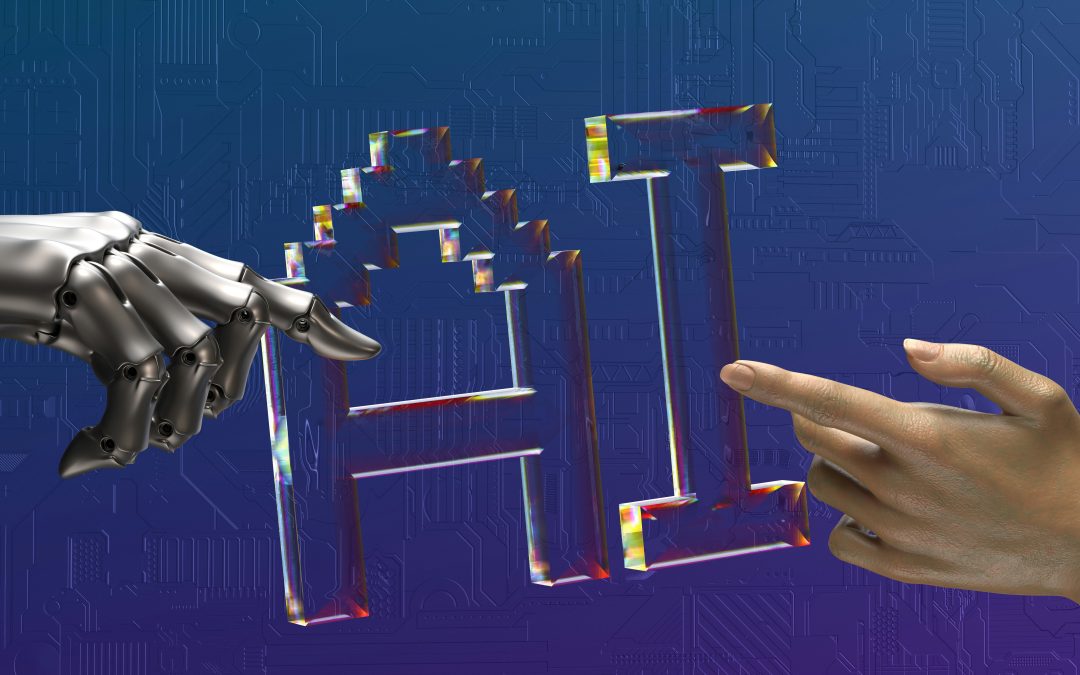(Published in Business Day – 29 October 2024)
In what respects will humans outperform AI in management? As a psychologist in management, I have felt pretty secure that my particular gift of understanding and facilitating human interactions would be difficult for a machine to match. But I was intrigued to read that an AI algorithm on Google’s DeepMind had helped people with disparate and conflicting opinions find common ground while discussing contentious social issues. The machine came up with statements that 56% of participants found reflected the views in the group and reduced divisions better than statements of human mediators.
This was a research project to establish what is possible, not a product headed for your office or community, and it has clear limitations in where and how it can be applied; but that is just a first step. Capacity in AI is growing and mutating at such a rate that I imagine consensus-finding processes could well be in an app soon.
So what will be the role of human intelligence and judgment? We don’t know. But the field of AI is so fluid, we are well-advised to keep abreast of what is emerging.
Will AI replace people and lead to unemployment? Yes, it will replace some people in some jobs, but if past technological advances are replicated, it should create new jobs too. In the past technologies like the PC and spreadsheets have moved employment from people with certain sets of skills to those with other (usually higher paid) skills. Currently one is less likely to be replaced by AI itself than by a person using AI.
History may provide a clue. A recent study in the Quarterly Journal of Economics looked at the impact of technology on job creation over eighty years and found an interesting nuance arising from whether technology either augmented or automated existing jobs. The authors found that innovations that augment what workers do tend to create new jobs, but innovations that automate work tend to reduce jobs.
So will AI augment or automate what we do? In the near term I see many colleagues gratefully using AI to augment their work, and I haven’t yet seen management jobs lost to AI. But we are at a very early stage in the evolution of AI. Time will tell.
Will AI make the average worker’s job more interesting? The Microsoft and LinkedIn 2024 Work Trend Index on the state of AI at work supports the standard answer that AI removes the drudge, leaving humans free to do more interesting things.
In their research, over 90% of those identified as power-users of AI reported that AI makes their overwhelming workload more manageable and their work more enjoyable. They found that 75% of knowledge workers now use AI at work, nearly doubling this rate in just six months. Most leaders surveyed said they wouldn’t hire someone without AI skills. I have heard that this is emerging as ageism in hiring – employers screen out older applicants, believing they won’t learn how to use AI.
Automation may enhance work, but it may also remove the interesting bits and leave people with the drudge. For example, robots reduced the physical demand from manufacturing jobs in factories, but in some cases they made human work less varied, more routine and less meaningful.
Automation can affect different jobs differently. When drug-dispensing machines were introduced to hospital pharmacies, pharmacists welcomed them because they released more time to interact with patients, but pharmacy assistants found their work reduced to loading medicines into the machines.
On balance I am positive about the impact of AI on our lives, and in any case, we are not going to stop it. So let’s make friends with the bots and hope they’ll let us manage them.
Jonathan Cook chairs Thornhill Associates.

